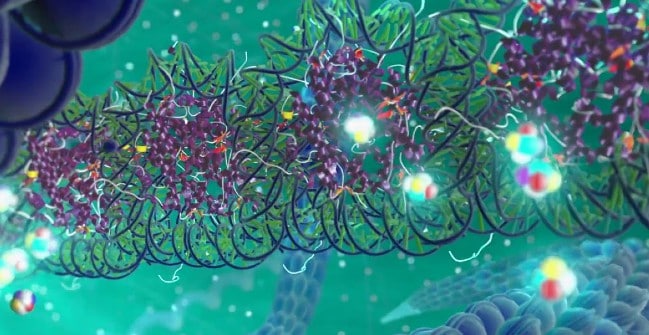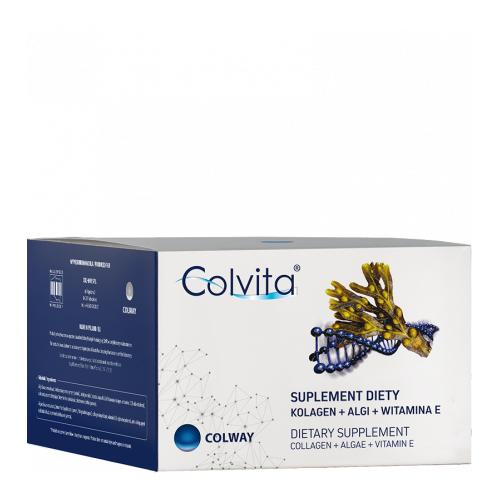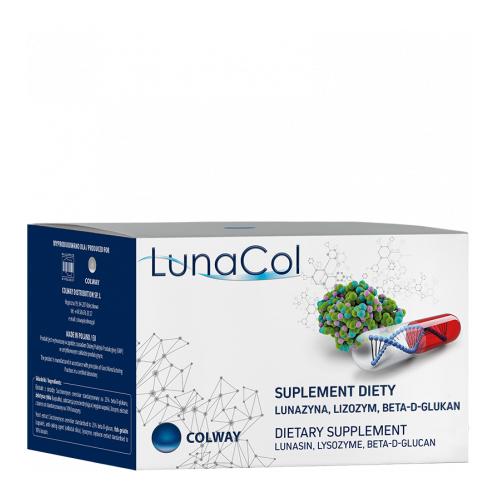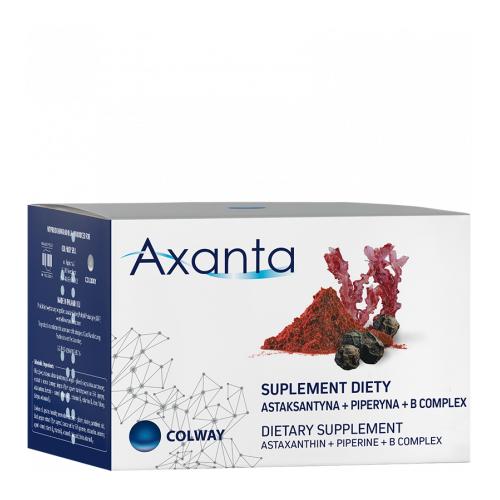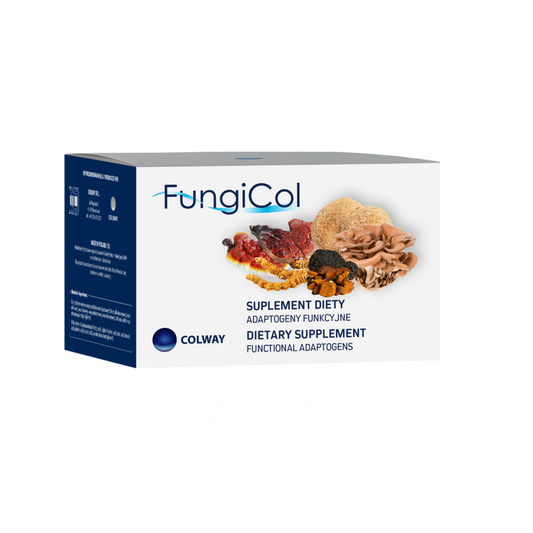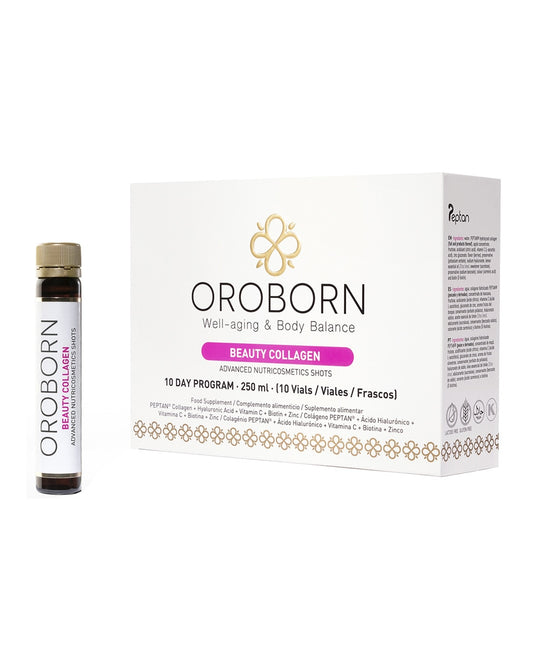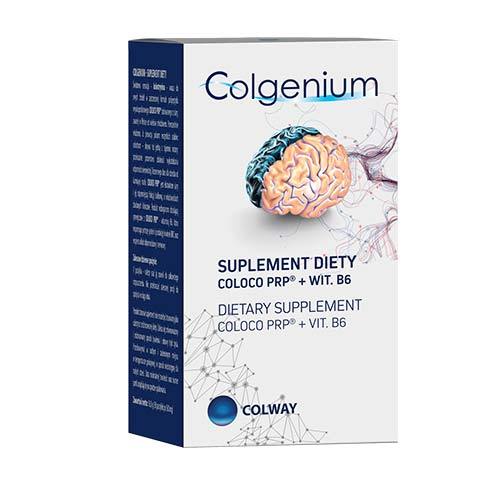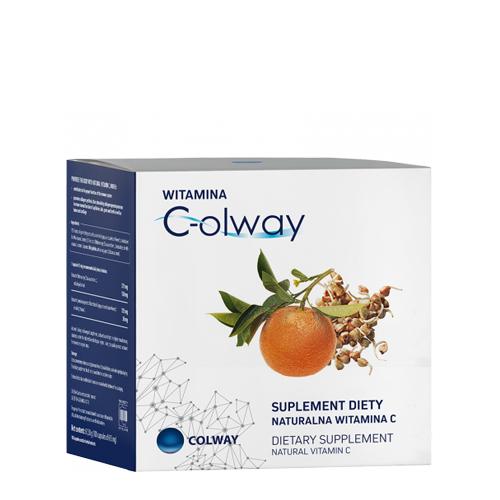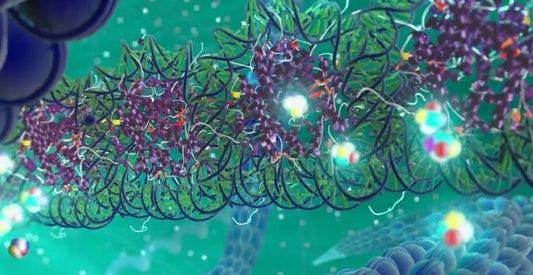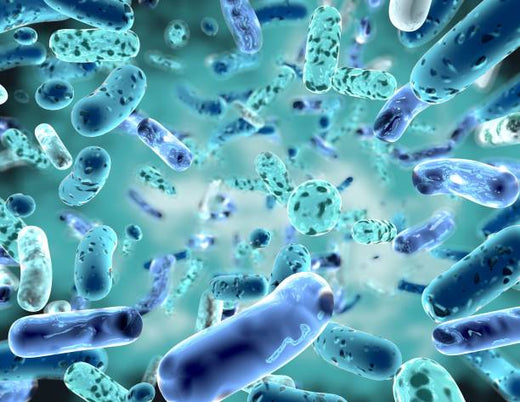The Pay off is a revolutionary peptide that has gained relevance in recent years due to its powerful properties anticancer. This peptide, present in soybeans and barley, has been shown to have positive effects in the prevention and treatment of various types of cancer. Below, we'll take an in-depth look at Lunasin, its mechanisms of action, and the scientific research that supports its cancer-fighting benefits.
Mechanisms of action of Lunasin in cancer prevention
Lunasin exerts its anticancer effects through various action mechanisms. Among them, the following stand out:
-
Inhibition of histone acetylation: Lunasin acts on histones, proteins that play a crucial role in regulating gene expression. By inhibiting the acetylation of these proteins, Lunasin can prevent the activation of genes related to uncontrolled cell growth and proliferation, contributing to the prevention and control of cancer.
-
Inhibition of the NF-kB signaling pathway: Nuclear factor kappa B (NF-kB) is a protein that regulates inflammation and cell survival. Lunasin is capable of inhibiting the NF-kB signaling pathway, thus reducing inflammation and cell proliferation, two key processes in cancer progression.
-
Induction of cell apoptosis: Lunasin also promotes programmed cell death or apoptosis in cancer cells, making it easier to kill these cells and preventing their proliferation and growth.
Scientific evidence of Lunasin in the fight against cancer
Numerous studies have evaluated the effects of Lunasin on different types of cancer, including breast, colon, prostate, and lung cancer. Here are some key findings from this research:
-
breast cancer: A study published in the journal Cancer Research found that Lunasin inhibits the proliferation of breast cancer cells in cell cultures and in animal models. In addition, a reduction in tumor formation was observed in Lunasin-treated mice compared to untreated animals.
-
Colon cancer: In a study published in Molecular Nutrition & Food Research, Lunasin was shown to induce apoptosis in colon cancer cells and prevent tumor formation in mice. A decrease in the expression of genes related to cell proliferation and inflammation was also observed.
-
Prostate cancer: A research published in The Prostate revealed that Lunasin inhibits the growth of prostate cancer cells in cell and animal models. Likewise, a decrease in tumor formation was observed in mice treated with Lunasin.
- Lung cancer: A study published in Molecular Carcinogenesis showed that Lunasin inhibits the proliferation of lung cancer cells, while promoting cell apoptosis. In addition, a reduction in tumor formation was found in Lunasin-treated mice.
Lunasin Natural Sources and Supplements
Lunasin is found naturally in the military and the barley, two foods that have been consumed by various cultures throughout history. In addition to these natural sources, there have also been developed Lunasin supplements to facilitate its consumption and take advantage of its anticancer benefits.
Conclusion: Lunasin as a tool in the prevention and treatment of cancer
Lunasin is a promising peptide in the fight against cancer, due to its anticancer properties and its ability to act through various mechanisms of action. Scientific evidence supports its use in the prevention and treatment of various types of cancer, making it a valuable tool in combating this disease.
It is important to note that the consumption of Lunasin through natural foods or supplements should be complementary to conventional cancer therapies and always under medical supervision. In addition, it is essential to maintain a healthy lifestyle, including a balanced diet rich in nutrients, physical exercise and stress control, to prevent and fight cancer effectively.




















































































































